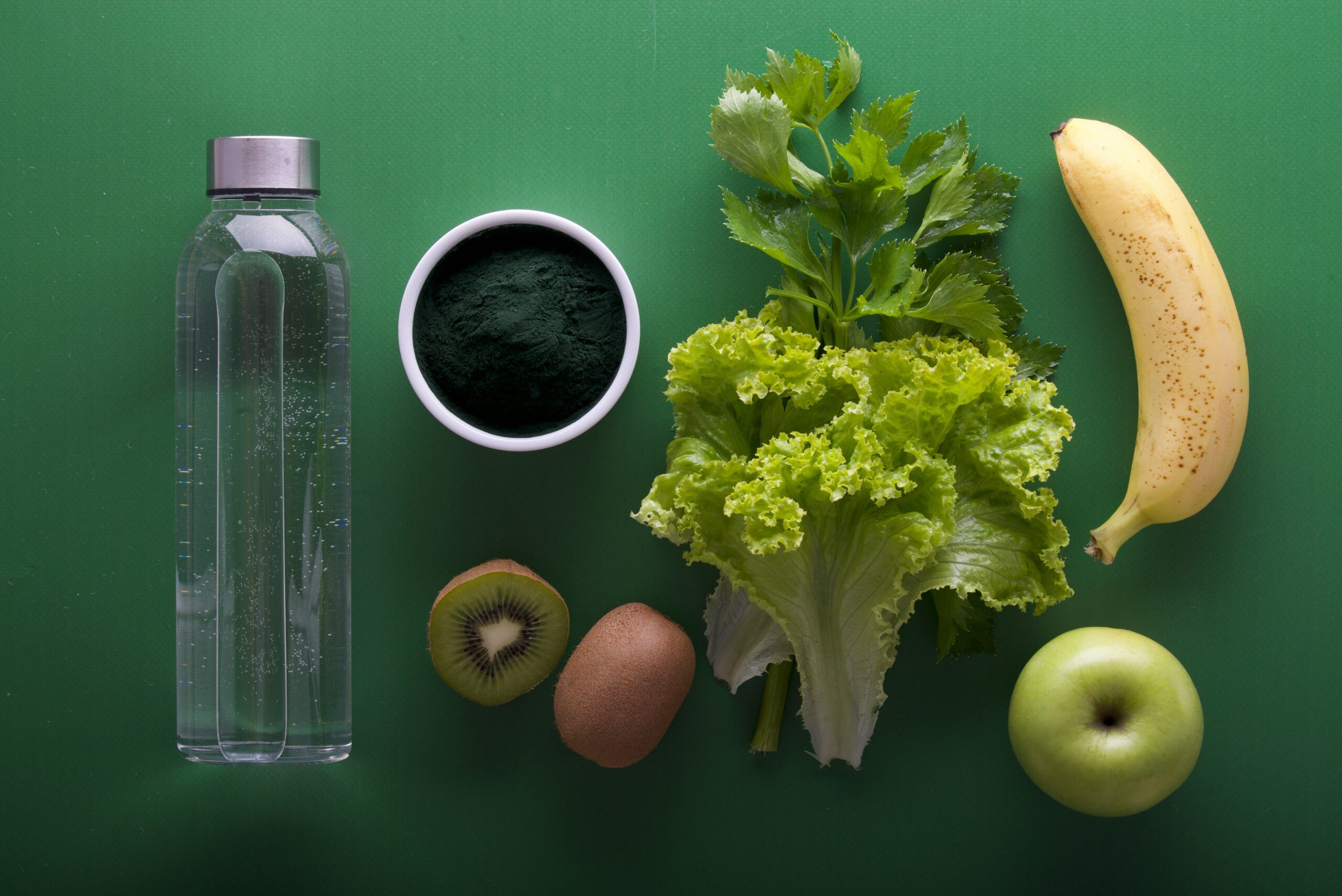

Introduction to Plant-Based Diets
Are you ready to transform your plate and make a positive impact on the world? Plant-based diets are gaining popularity, not just as a fleeting trend but as a sustainable lifestyle choice. By opting for fruits, vegetables, whole grains, nuts, and legumes, you can nourish your body while also caring for our planet. This shift in eating habits is about more than just what’s on your fork; it’s about embracing health and sustainability. If you’re curious about how plant-based eating can benefit both you and the environment, you’ve come to the right place. Let’s dive into this vibrant world of greens and grains together!
The Health Benefits of a Plant-Based Diet
A plant-based diet can transform your health in remarkable ways. Packed with vegetables, fruits, whole grains, legumes, and nuts, it delivers essential nutrients that fuel your body.
Studies show that individuals who embrace this lifestyle often experience lower blood pressure and reduced cholesterol levels. This helps decrease the risk of heart disease over time.
Weight management becomes easier too. Plant foods are generally lower in calories but high in fiber, which keeps you feeling full longer. This balance aids in maintaining a healthy weight without sacrificing satisfaction.
Additionally, many find their energy levels soaring when they transition to plant-based eating. The abundance of vitamins and minerals found in these foods supports overall vitality.
Gut health also stands to benefit from more fruits and veggies on your plate. A fiber-rich diet promotes a thriving microbiome—a key player for optimal digestion and immune function.
Environmental Impact of Plant-Based Diets
Plant-based diets do more than just improve personal health; they significantly benefit our planet. Livestock farming is one of the largest contributors to greenhouse gas emissions. By reducing meat consumption, we can help cut down these harmful gases.
Water usage is another major concern. Producing plant-based foods typically requires far less water compared to raising animals for food. This conservation effort helps preserve precious freshwater resources for future generations.
Moreover, plant agriculture often leads to reduced deforestation. Forests are cleared for livestock grazing and feed crops, destroying habitats and biodiversity in the process. Embracing a diet rich in fruits, vegetables, grains, and legumes supports sustainable land use practices.
Every meal choice matters when it comes to environmental stewardship. Adopting a plant-based diet aligns personal health with ecological responsibility while contributing towards a more sustainable future.
Tips for Transitioning to a Plant-Based Diet
Transitioning to a plant-based diet can be exciting. Start small by incorporating more fruits and vegetables into your meals. Try adding a new veggie or fruit each week.
Explore diverse cuisines that emphasize plant-based foods. Indian, Mediterranean, and Thai dishes often feature delicious vegetarian options.
Meal prepping can make the shift easier. Spend some time on weekends preparing simple recipes for the week ahead. This helps eliminate last-minute decisions that may lead you back to old habits.
Don’t shy away from experimenting with meat alternatives like lentils, chickpeas, or tofu. They’re versatile and packed with protein.
Connect with communities online or in person that share similar dietary goals. Support can motivate you during this journey as you discover new favorites together.
Delicious and Nutritious Plant-Based Meal Ideas
Exploring plant-based meals opens a world of vibrant flavors and textures. Start your day with a smoothie bowl, blending spinach, banana, and almond milk topped with chia seeds and fresh berries.
For lunch, consider a quinoa salad. Mix cooked quinoa with roasted veggies like bell peppers and zucchini. Add chickpeas for protein and drizzle with a tangy lemon-tahini dressing.
Dinner can be just as exciting. Try stuffed bell peppers filled with brown rice, black beans, corn, and spices baked until tender. This dish is both filling and colorful.
Don’t forget snacks! Roasted chickpeas seasoned with paprika make for a crunchy treat or whip up some guacamole paired with whole grain crackers for an extra boost of flavor.
These meal ideas showcase how satisfying eating plants can truly be while keeping your body nourished and energized throughout the day.
Conclusion: Making the Switch to a Plant-Based Lifestyle
Making the switch to a plant-based lifestyle can be an exciting journey. It opens up a world of flavors, textures, and health benefits that might surprise you. Embracing this way of eating means exploring new ingredients and recipes while also caring for your body and the environment.
Start by incorporating more fruits, vegetables, whole grains, legumes, nuts, and seeds into your meals. Gradually reduce animal products as you find delicious alternatives that satisfy your cravings. Remember to listen to your body; everyone’s transition will look different.
With commitment and creativity in the kitchen, adopting a plant-based diet can feel less like a chore and more like an adventure. Whether you’re doing it for health reasons or environmental concerns—or both—the positive impact on yourself and the planet is undeniable. So why not give it a try? Your plate doesn’t just hold food; it holds potential for change—both personal and global.
